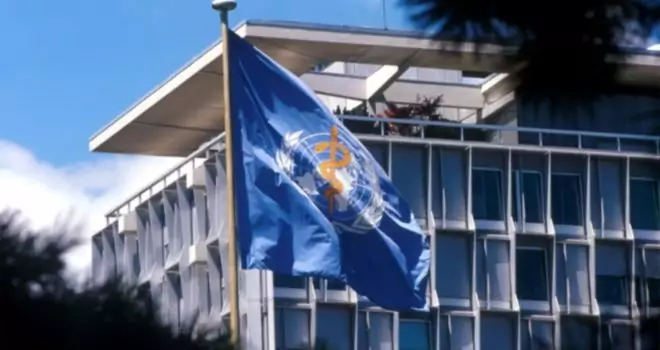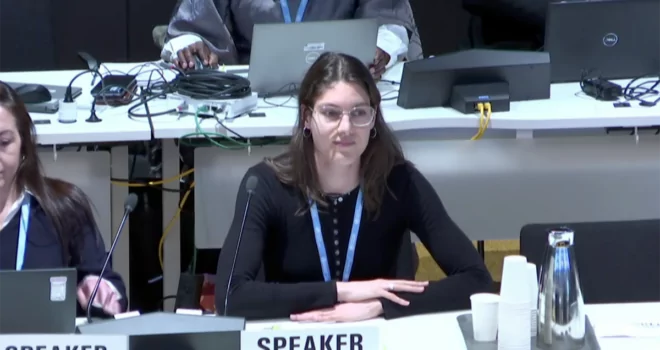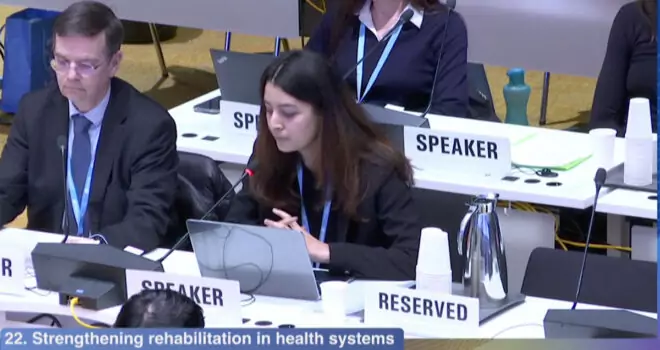Released on 9 February, ‘Carbonating the World’ is a new report from the Center for Science in the Public interest (CSPI) that examines how the soda industry is borrowing tactics from the tobacco industry; looking to replace flagging sales of sugary drinks in the USA by targeting customers in low- and middle-income countries.
The ‘Carbonating the World’ report finds that companies are spending $1 billion a year each in Brazil, China, India, and Mexico to build bottling plants, create distribution networks and advertise their products; products that could lead to diabetes, obesity, tooth decay, heart disease and other soda-related diseases in countries already struggling to provide health care to their growing populations.
For example, Mexico has amongst the highest consumption of carbonated soft drinks in the world and also ranks near the top in the world in adult obesity, first in type 2 diabetes and fourth in childhood obesity.
Late last year, after a public outcry and many organizations, including the World Heart Federation, lending their support via public letter, on 29 October, the Mexican Congress voted both in the Senate and the lower House to maintain a 10% excise tax on all sugar-sweetened beverages. Read more.
On 25 January, the World Health Organization Commission on Ending Childhood Obesity (ECHO) released its report which highlights a number of recommendations, including imposing an effective tax on sugar-sweetened non-alcoholic beverages. CSPI refers to this report in its press release and recommends that the World Health Organization provide technical assistance for national health officials to help them strengthen policies that discourage soda consumption.
The World Heart Federation (WHF) works with governments, the WHO and other stakeholders to halt global obesity rates in children, adolescents and adults, and we welcome this CSPI report as another important step in increasing the evidence base and awareness of these issues.
Carbonating the World was written by Allyn L Taylor, an expert in global health law at the University of Washington School of Law, and CSPI’s Jacobson.


